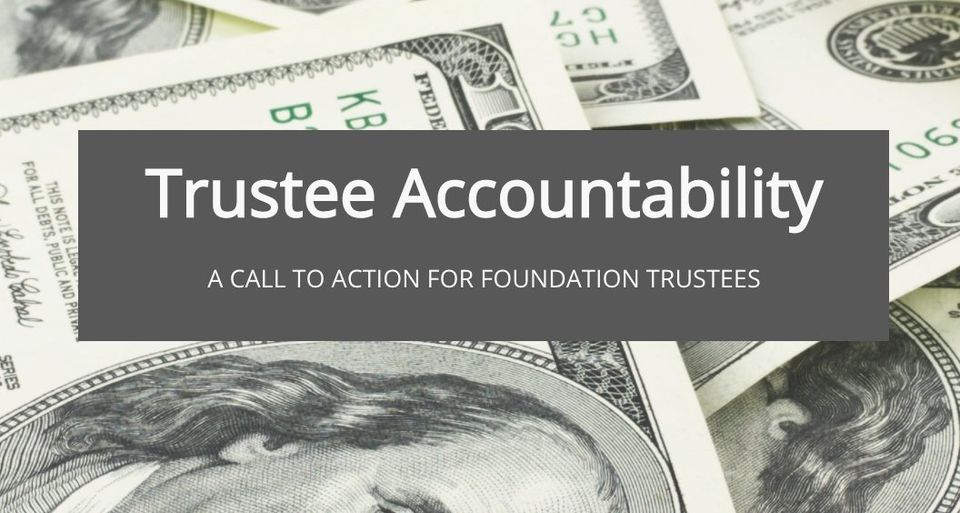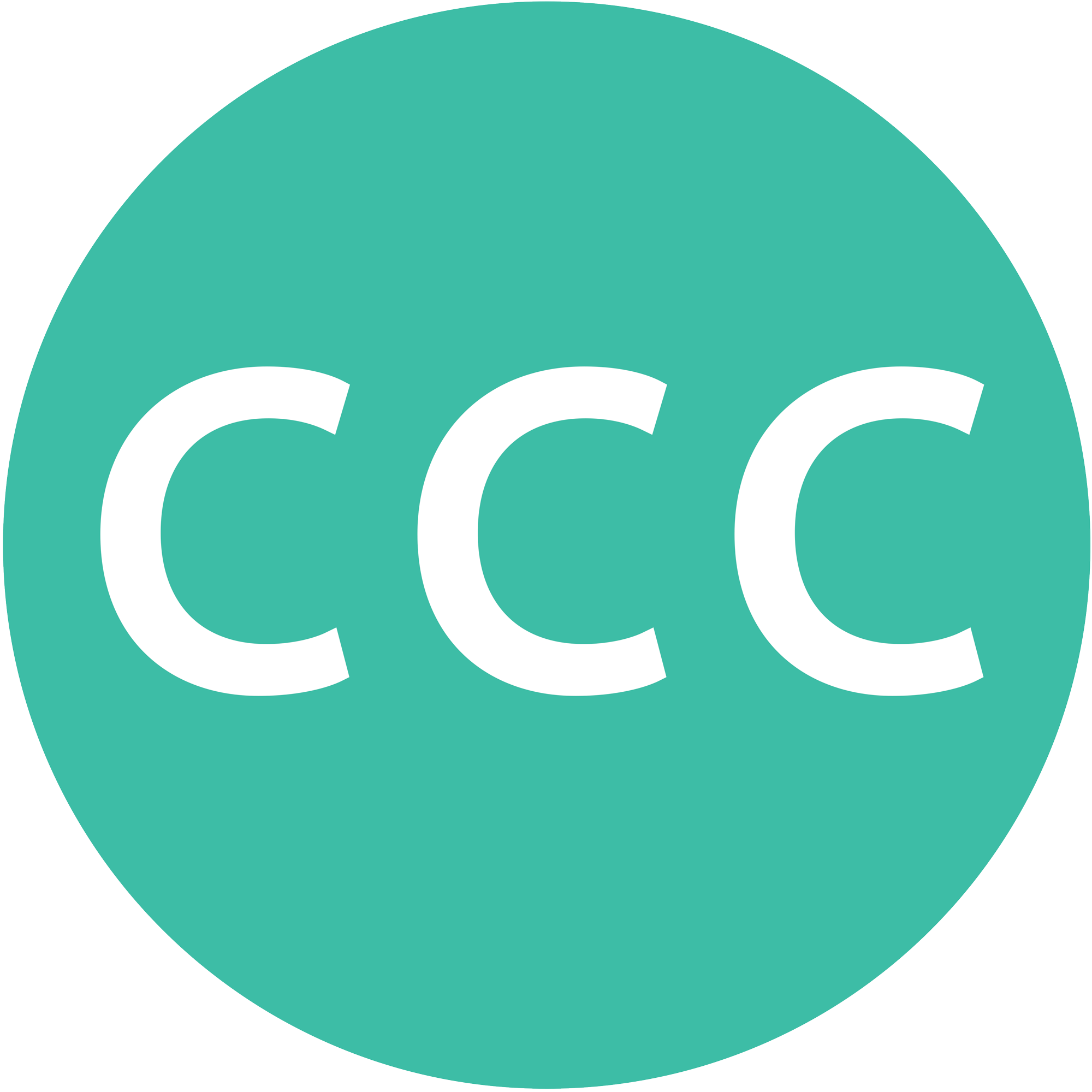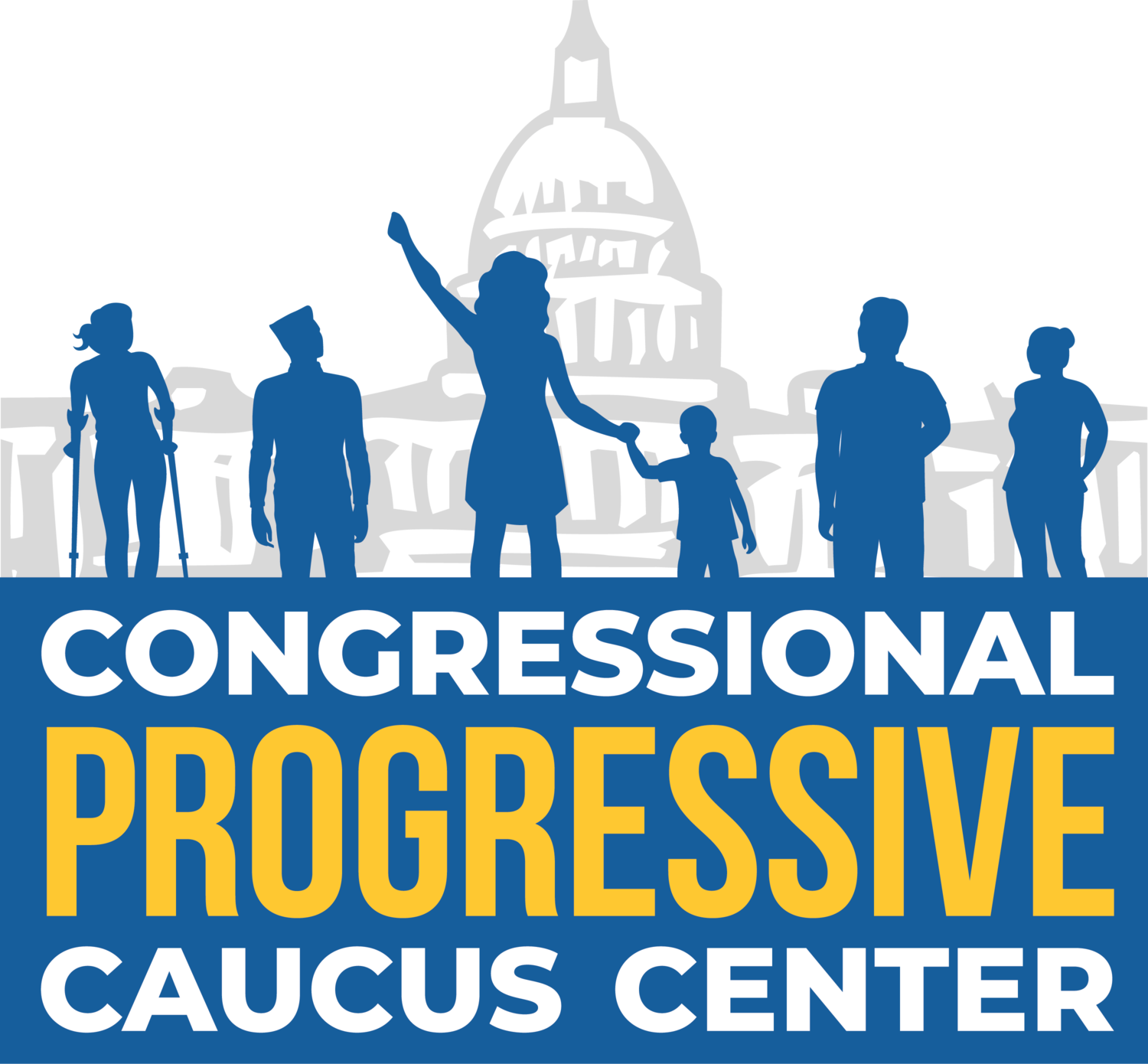Pushing for Philanthropic Accountability
© Laylah Amatullah Barrayn | Read more about our unique partnership with Magnum Foundation
Philanthropy is a remarkably human impulse: the love of humanity expressed through gifts of resources.
The philanthropic industry is another thing altogether, and like many systems, it needs a dramatic overhaul. In the Compton Foundation’s final years, we’re dedicating time and resources to amplify the call to reduce wealth hoarding, reform tax policy, and ultimately redistribute resources into the public good, where they belong.
We’re committed to reforming philanthropy because we’ve wrestled with tough questions about the very nature of our work. This foundation was endowed by a wealthy family with beautiful intentions. Over many decades, their descendants were able to give away that money—toward solving the problems they personally cared about, and the solutions they thought were best. But if we really care about democracy and creating a better future for everyone, we can’t rely on the well-intentioned whims of a wealthy few.
Now, we’re part of a growing chorus of advocates supporting practical policies that will make philanthropy more democratic and accountable to the public. These include increasing foundation mandatory payout rates, regulating foundations that want to exist in perpetuity, and instituting a wealth tax that would enable our elected representatives to allocate resources in a way that benefits everyone.
Along the way, we’ve learned a lot from those who are on this same journey. We applaud courageous leaders like Clara Miller and Carmen Rojas, who are asking hard questions and challenging philanthropy’s often self-satisfied attitude. Groups like Solidaire and Resource Generation are supporting wealthy donors to also rethink how they can use their wealth to redistribute power and resources. We need more voices like theirs.

The Trustee Call to Action recognizes the power and influence of foundation trustees, and encourages transformation at the personal and institutional levels. Signatories ask foundation trustees to adopt practices that “disrupt the white supremacy, anti-Blackness, and structural inequality upon which foundation wealth has been built and is maintained,” reimagining foundation power dynamics and partnering with community members to set strategy and make decisions.

Crisis Charitable Commitment is advocating for a new Charitable Standard of increased payout rates and increased giving by high-net-worth individuals. As original signatories of this campaign, we’re excited about its momentum.

The Initiative to Accelerate Charitable Giving aims to increase payout rates and changes to Donor Advised Fund rules, and includes a wide range of signatories, from policy watchers like Robert Reich to major donors like the Ford and Hewlett Foundations.

The Congressional Progressive Caucus Center shares our conviction that, while reforms from inside the field are important, at the end of the day we must change our tax code. The CPC Center works closely with advocacy groups and Congress to develop tax policies that would decrease wealth inequality and reduce the power of the few to make spending decisions that affect us all.
![]()
Groups like Solidaire are supporting wealthy donors to also rethink how they can use their wealth to redistribute power and resources. We need more voices like theirs.

Resource Generation is a multiracial membership community of young people with wealth and/or class privilege committed to the equitable distribution of wealth, land, and power.
Philanthropic Reform is Fine, but a New Tax Policy is Vital
Read Martin Levine’s article about the trillions of dollars that are currently piling up at foundations and donor-advised funds.
Read More